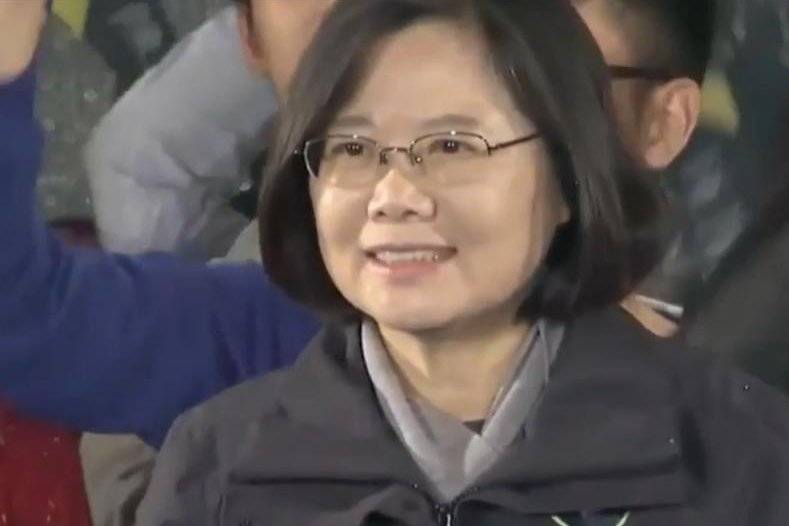CSM
Senior Member
I just love watching the politics in Taiwan!
http://story.news.yahoo.com/news?tmpl=story&ncid=757&e=1&u=/nm/20041026/od_nm/arms_dc
Now that is democracy in action!
http://story.news.yahoo.com/news?tmpl=story&ncid=757&e=1&u=/nm/20041026/od_nm/arms_dc
Now that is democracy in action!


